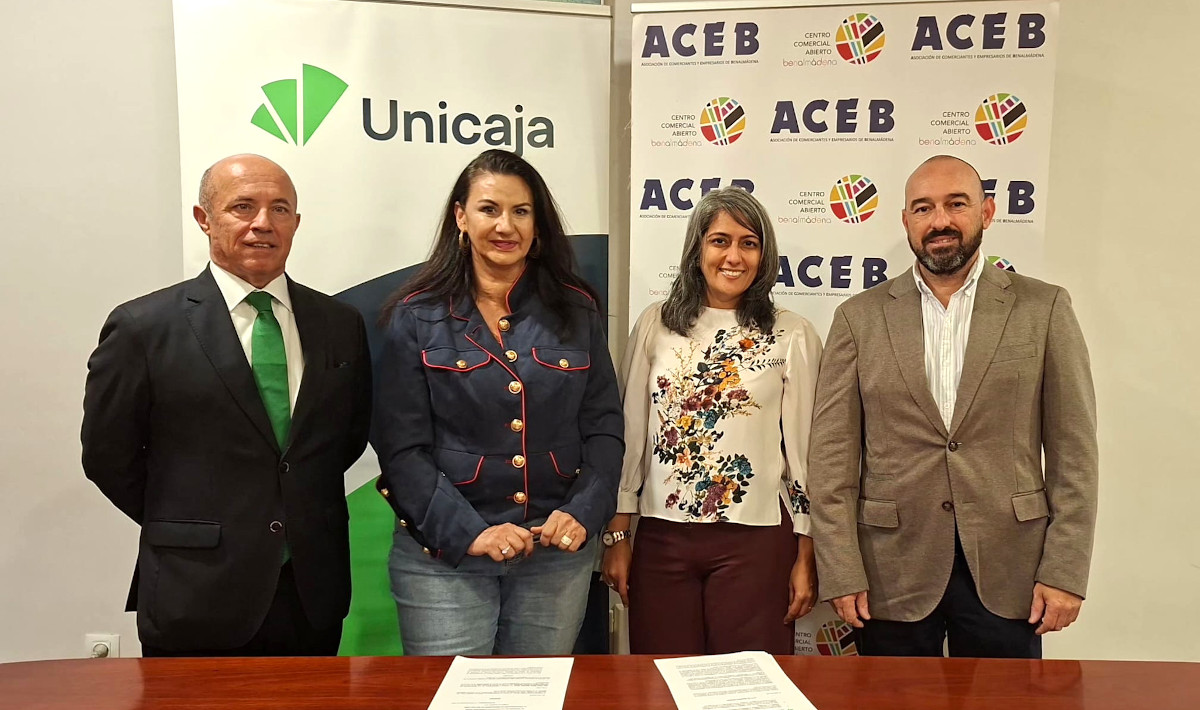Unicaja Banco, through its management company Unigest, has launched its first socially responsible investment fund, called Unifond Sostenible Mixto Renta Variable, FI. This way, the assets in the portfolio are chosen following environmental, social and governance (ESG) criteria.
With this fund, Unigest improves and enhances its range of investment products, also responding to an increasing demand by investors, which are becoming more interested in investments with environmental, social and governance criteria. This new product falls within the actions developed by Unicaja Banco in the area of sustainable finance.
In particular, this is a modification of one of Unigest’s mixed funds which, while maintaining its Mixed Variable Income status, seeks an ethical and responsible commitment in its investments.
Although Unifond Sostenible Mixto Renta is the first Unigest’s fund with ISR (Inversión Socialmente Responsable) seal, the environmental, social and governance criteria have long been applied by Unicaja Banco’s management company when analyzing and choosing assets, both in stocks and bonds and mutual funds.
In this case, Unifond Sostenible will continue to be a mixed fund, with 30 to 75% of its total exposure in variable income, without predetermined sectors or capitalization. And now, in addition to the financial features, non-financial criteria of Socially Responsible Investment will be applied, to respond to the existing social demand for this kind of products.
Also, in order to ensure compliance with these SRI policies, the investment fund management company of Grupo Unicaja has established an ethics committee, with specialized profiles, for its monitoring.
Environmental, social and governance criteria
The goal is to carry out a deep analysis of the three general pillars of sustainability applied to the assets on which investments are made:
- Environment: climate change (promotion of renewable energy, carbon emissions, greenhouse gases, etc.), natural resources (forest and water policies, wood and water treatment, etc.), pollution and waste management and environmental opportunities.
- Social criteria: promotion of respect to human rights, decent work and employee development within the company, both professionally and personally (gender equality, training, security and health, etc.), or literacy, employment, education and social quality policies. Initiatives to promote the development of the less favored regions will also be valued.
- Corporate governance and performance: a deep analysis is made of the management teams of investees, following, among other criteria, the remuneration of managers, as well as internal controls and preservation of shareholders’ rights. The quality of regulations and state laws are also taken into account, as well as R&D expenditure, political stability, freedom to invest, etc.



